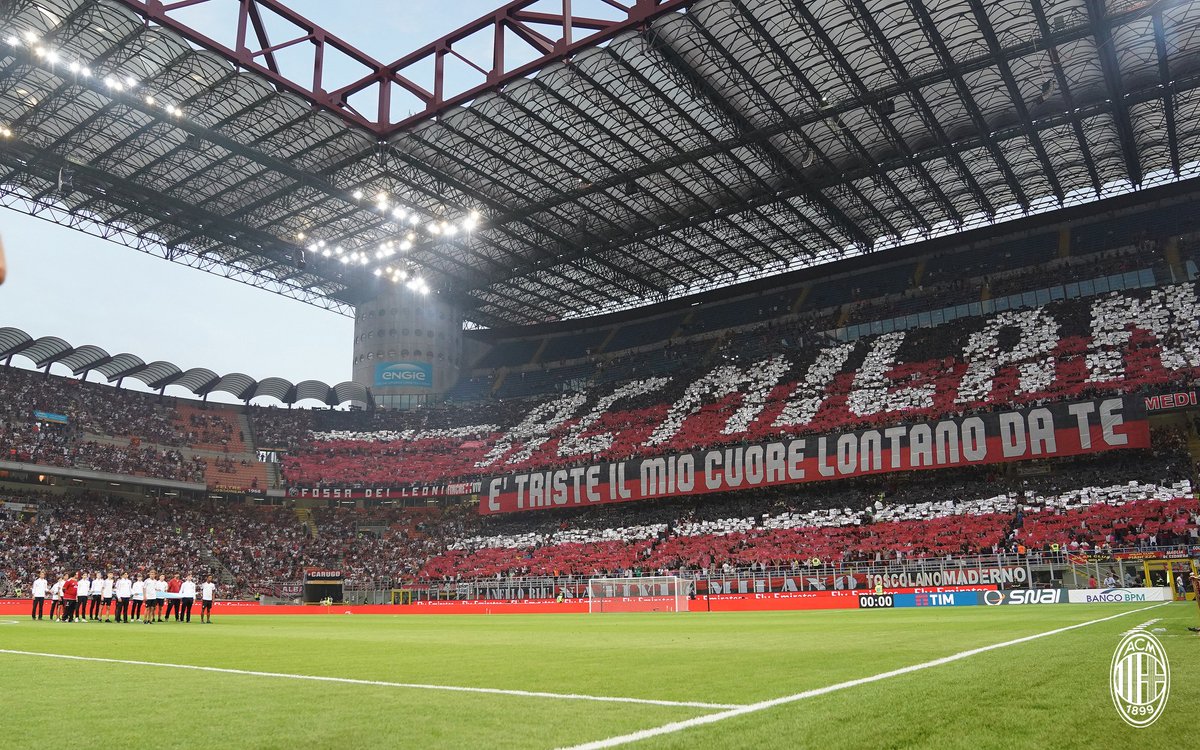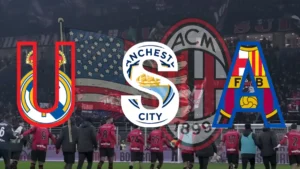 UEFA has announced that the seeding for the Champions League will change next season, a decision that will have potentially a huge impact on the fortunes in Europe of English and Spanish sides.
UEFA has announced that the seeding for the Champions League will change next season, a decision that will have potentially a huge impact on the fortunes in Europe of English and Spanish sides.
The existing UEFA format means that seeding is based on the results of clubs competing in the five previous seasons of the UEFA Champions League and UEFA Europa League. This season that meant that the top seeds come from just four different nations: Real Madrid, Barcelona and Atletico Madrid representing Spain, Chelsea and Arsenal representing England, Porto and Benfica.
But that will change under the new rules as the top seeds will now be the champions from the top seven European leagues plus the holders. The current top seven European leagues according to UEFA’s coefficients are as follows: Spain, England, Germany, Italy, Portugal, France and Russia.
Had the regulations come into effect for the current Champions League campaign, Atletico Madrid, Manchester City, Bayern Munich, Juventus, Benfica, Paris Saint-Germain and CSKA Moscow would have all entered Pot One, alongside holders Real Madrid.
“It will be ratified later on by the executive committee but it’s a clear recommendation of the club competition’s committee that the seeding system changes in this respect as from next season,” UEFA general secretary Gianni Infantino said.
“The Champions League winners are number one and the seven next placed in Pot One are not the seven best ranked in the co-efficient but are the seven champions of the seven top-ranked nations in UEFA.
“This will give another dynamic with the draw and in the way the groups are composed. It will be approved with the regulations at the start of next year.
“The club committee felt that there should be somehow an additional award given to the winners of the different national competitions.
“It was maybe a bit difficult to understand especially in the last few years where the winner of the national league was not necessarily the best-ranked club.
“It happened in France and it happened in England, people had difficulties in understanding how the champion of a country is in a lower pot than the third ranked in that country.
“Football is about winning, it’s about competition it’s about sporting merit. I think it’s kind of a natural thing to give to those who have won a competition a special treatment like this.”
The winners of this decision are the champions of England, France and Russian, namely PSG and Mancheste City, who have long complained about their seeding despite being domestic champions.
The losers are the Spanish and English clubs like Barccelona, Atletico, Chelsea and Arsenal who have enjoyed top seeds, and with it “easier” groups, despite not winning titles. That has allowed them to not only progress fairly easily to the knockout stages, where they have met an “easier” opponent in a group runner-up in a round of 16 matchup. Now these teams will be seeded second, and guaranteed to play at least one strong domestic champion in the group stages, making qualification a little more difficult.
The groups stages have lost their luster in recent years as the top two seeds consistently move on to the group stages. With this new format, the likelihood for a team from England or Spain not advancing to the knockout stages have been greatly increased.


